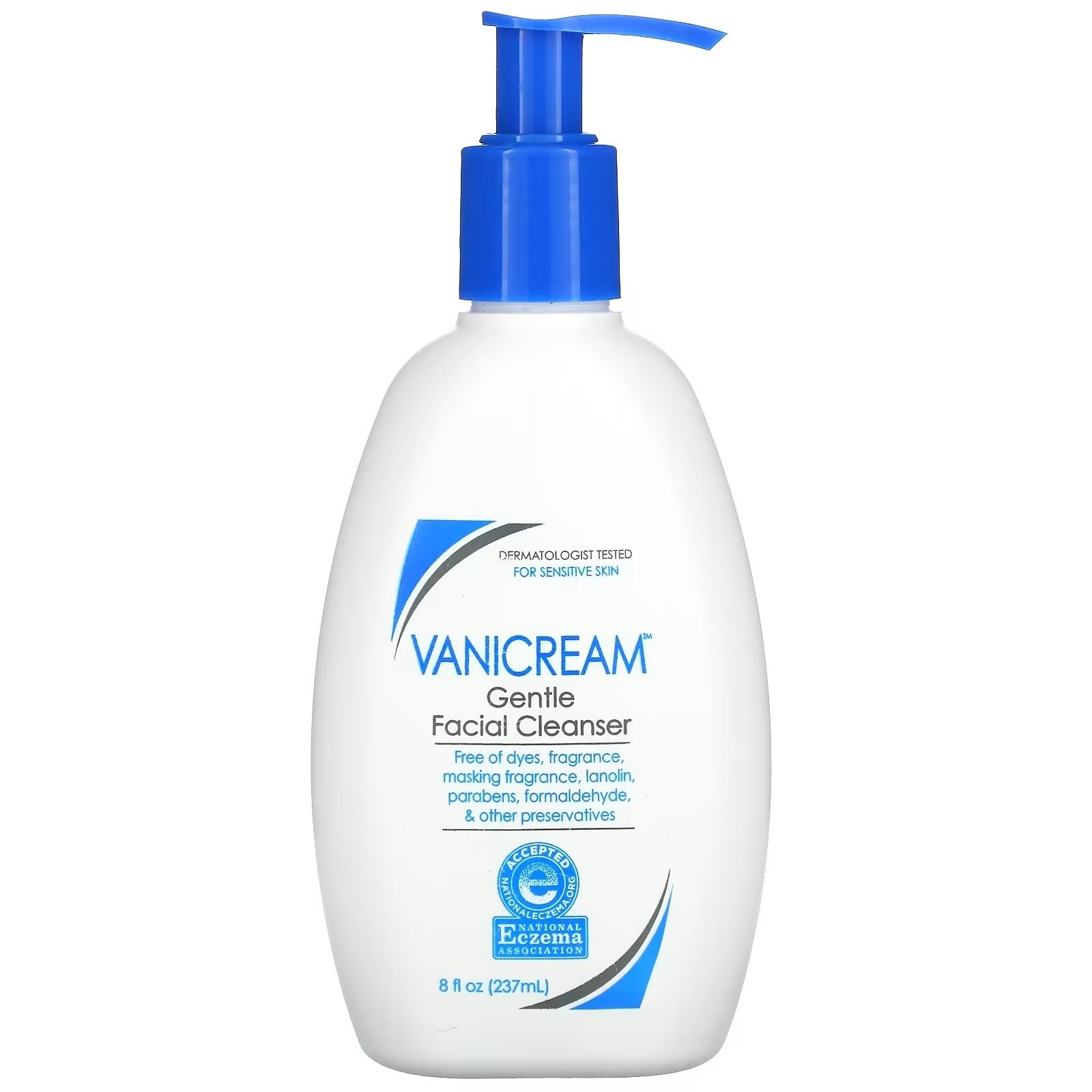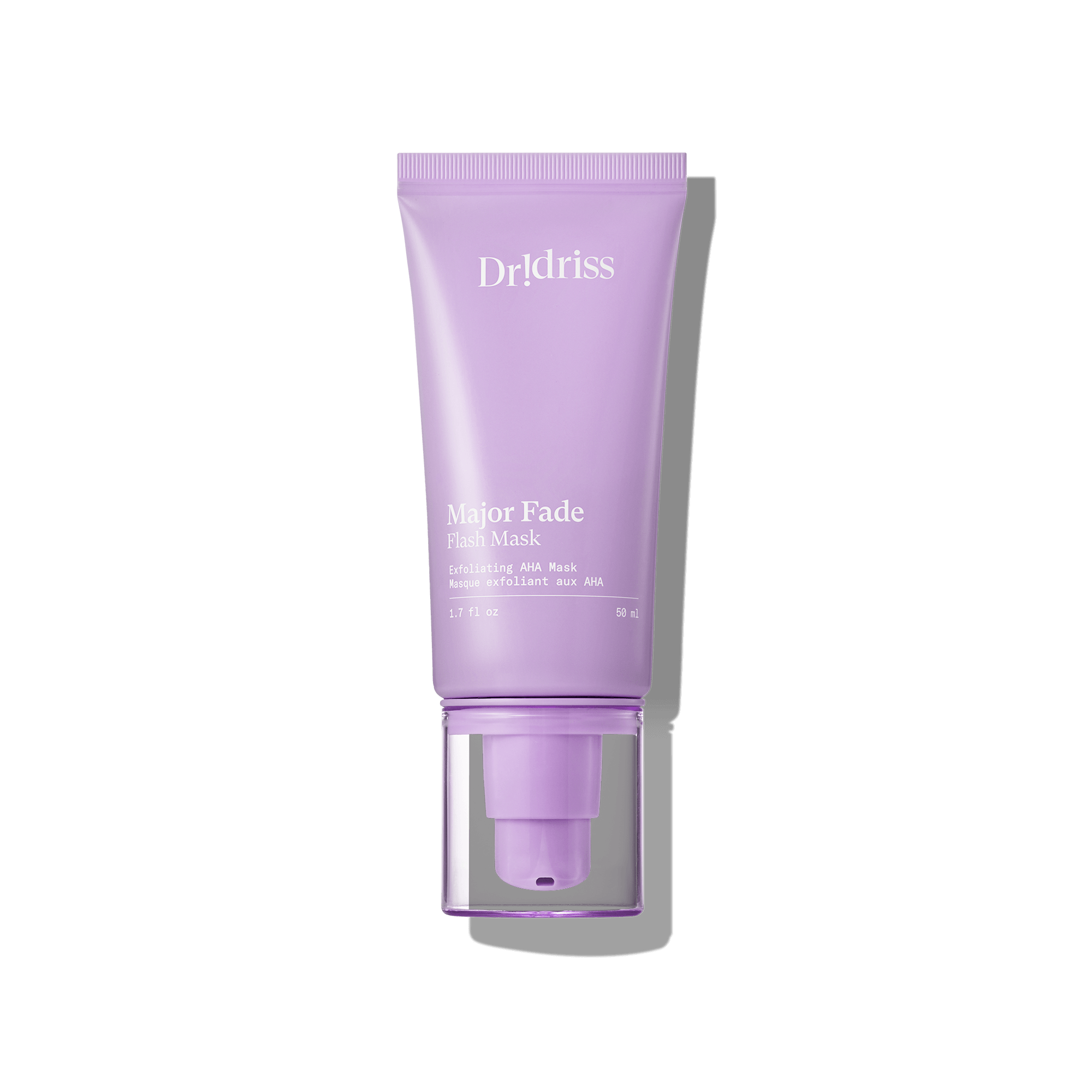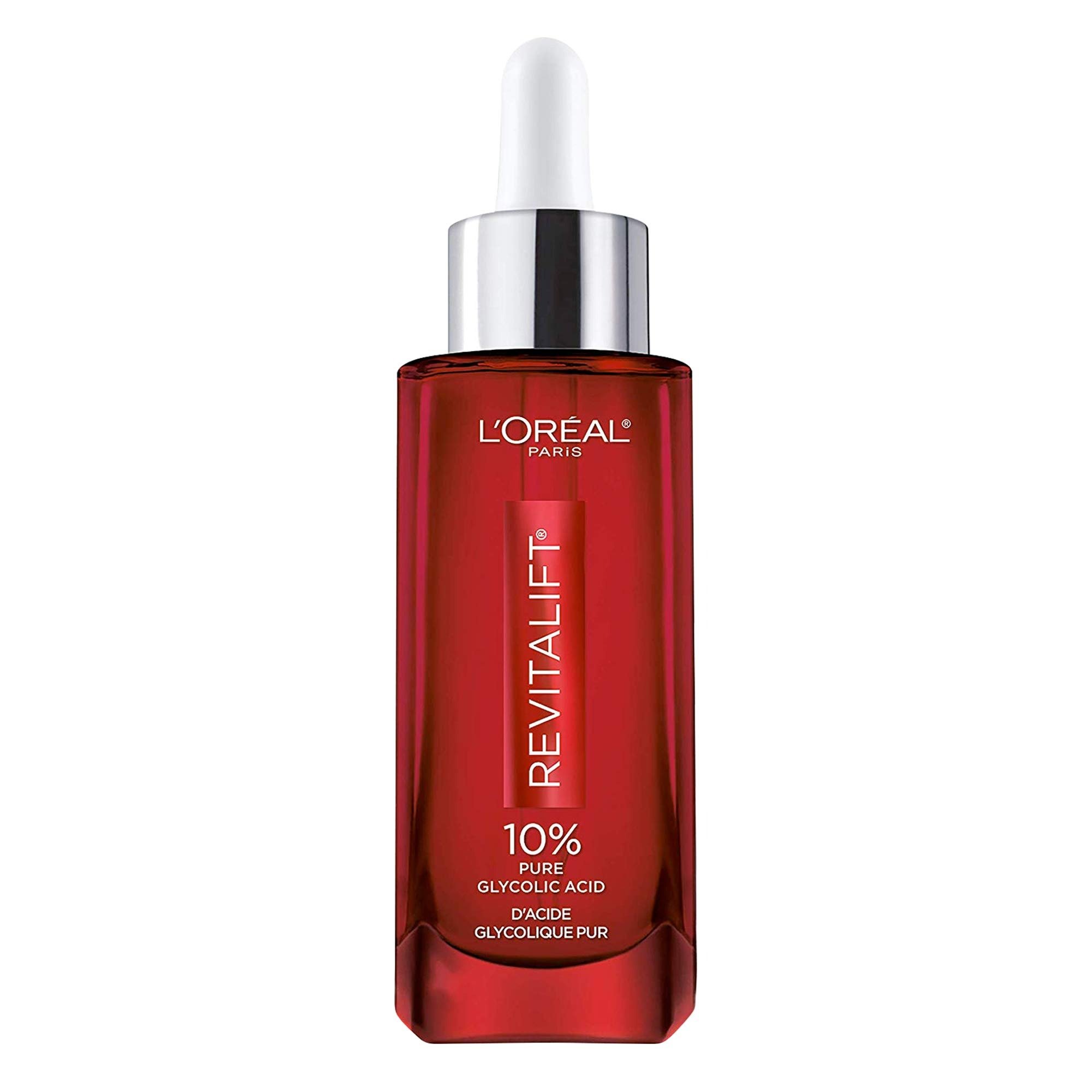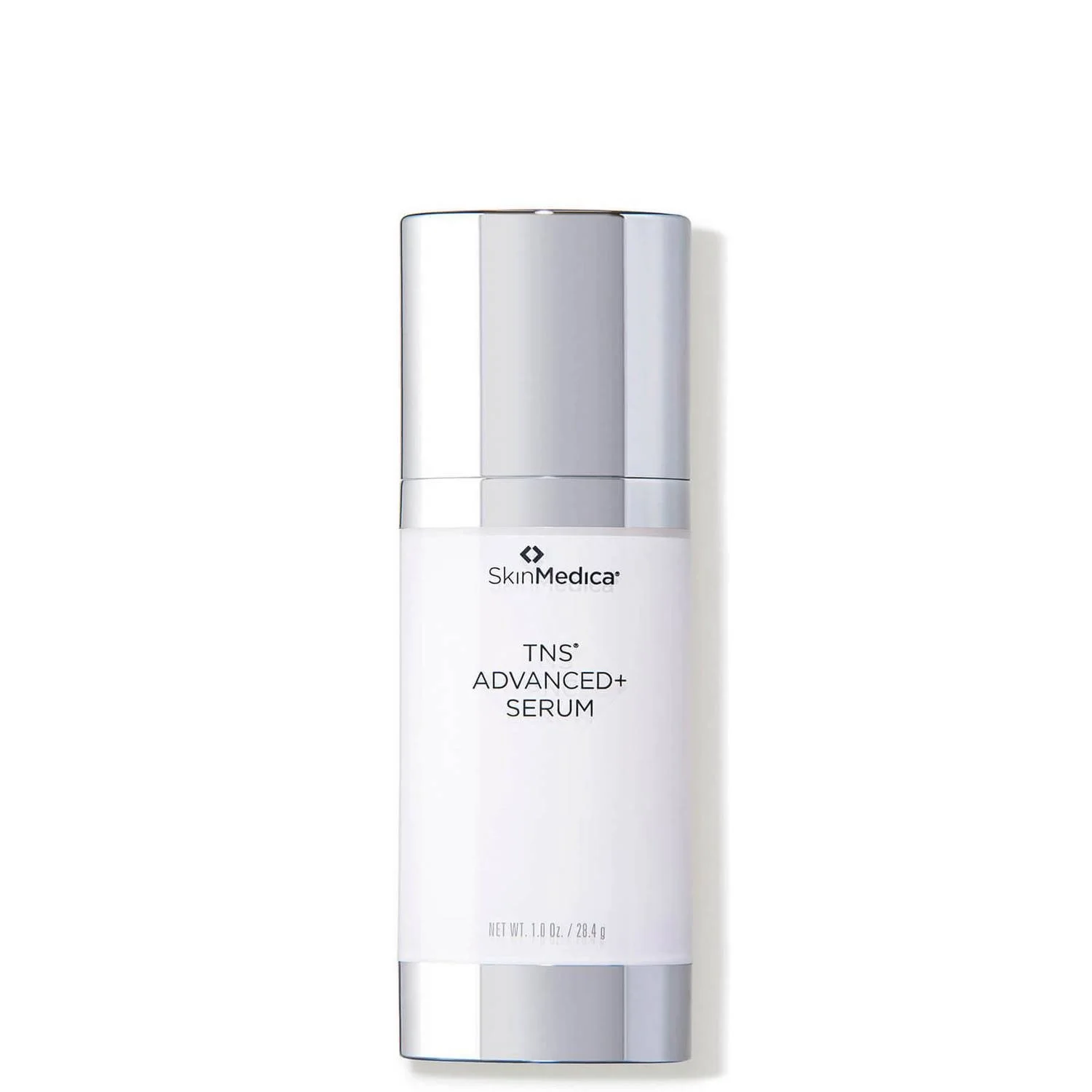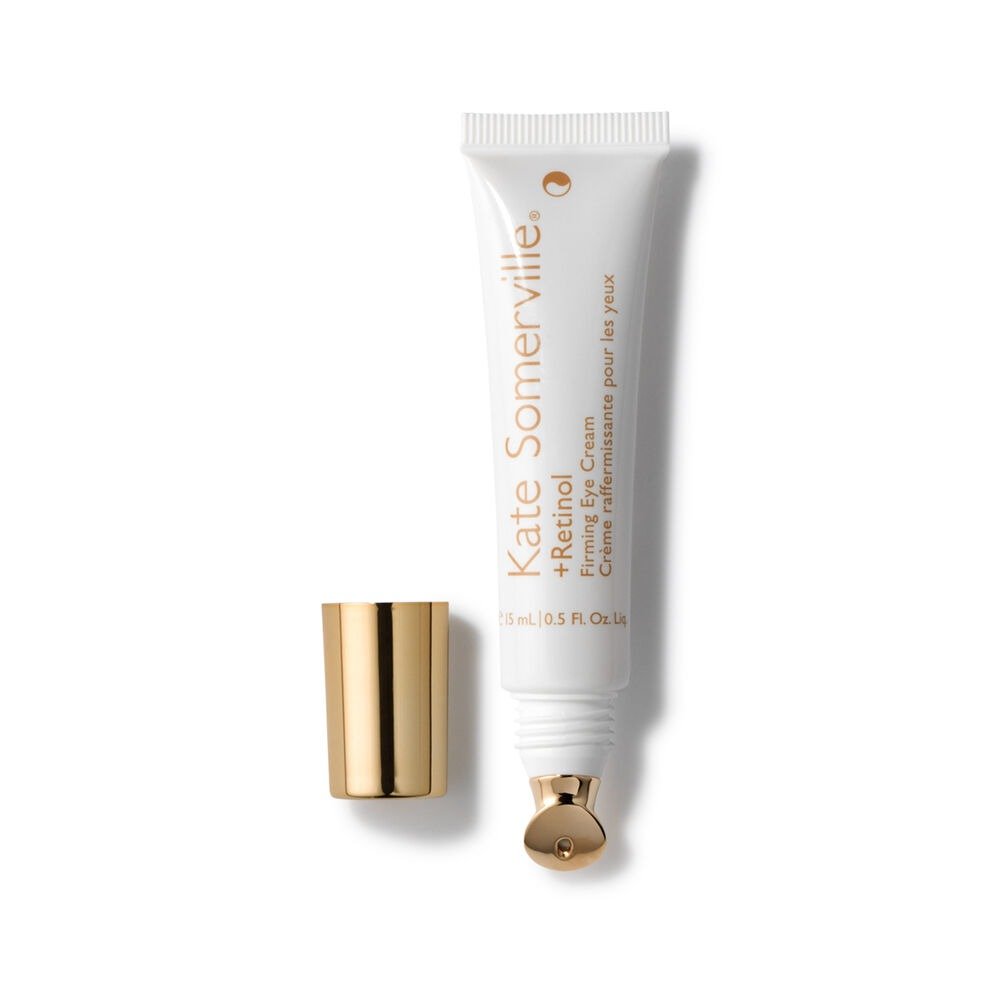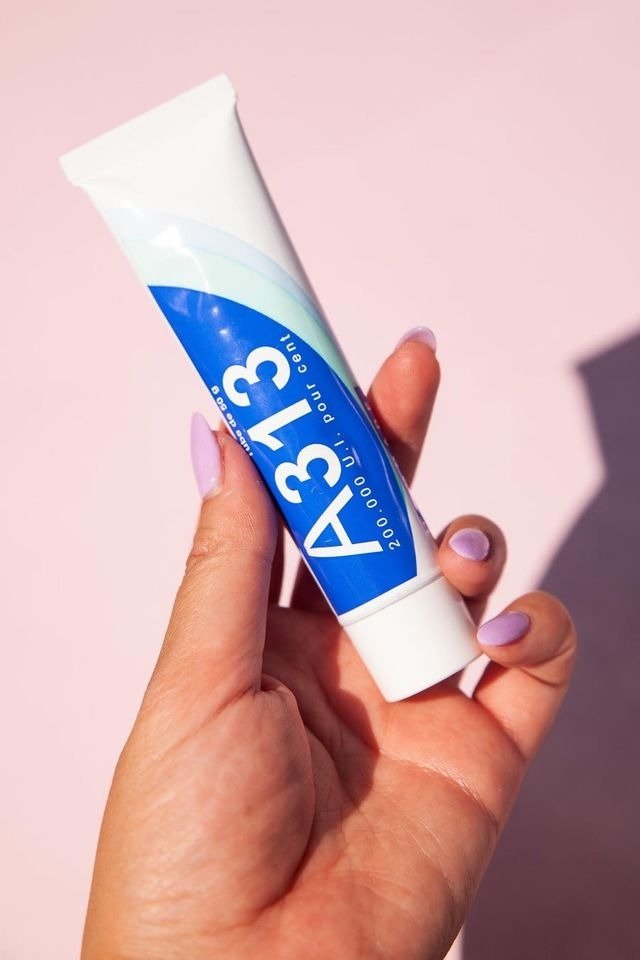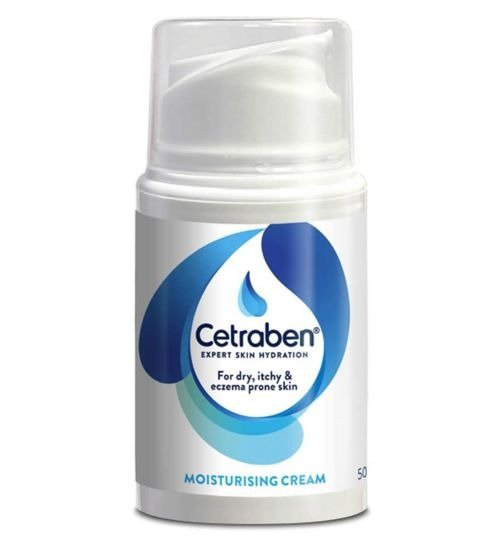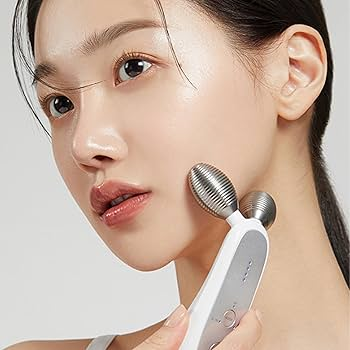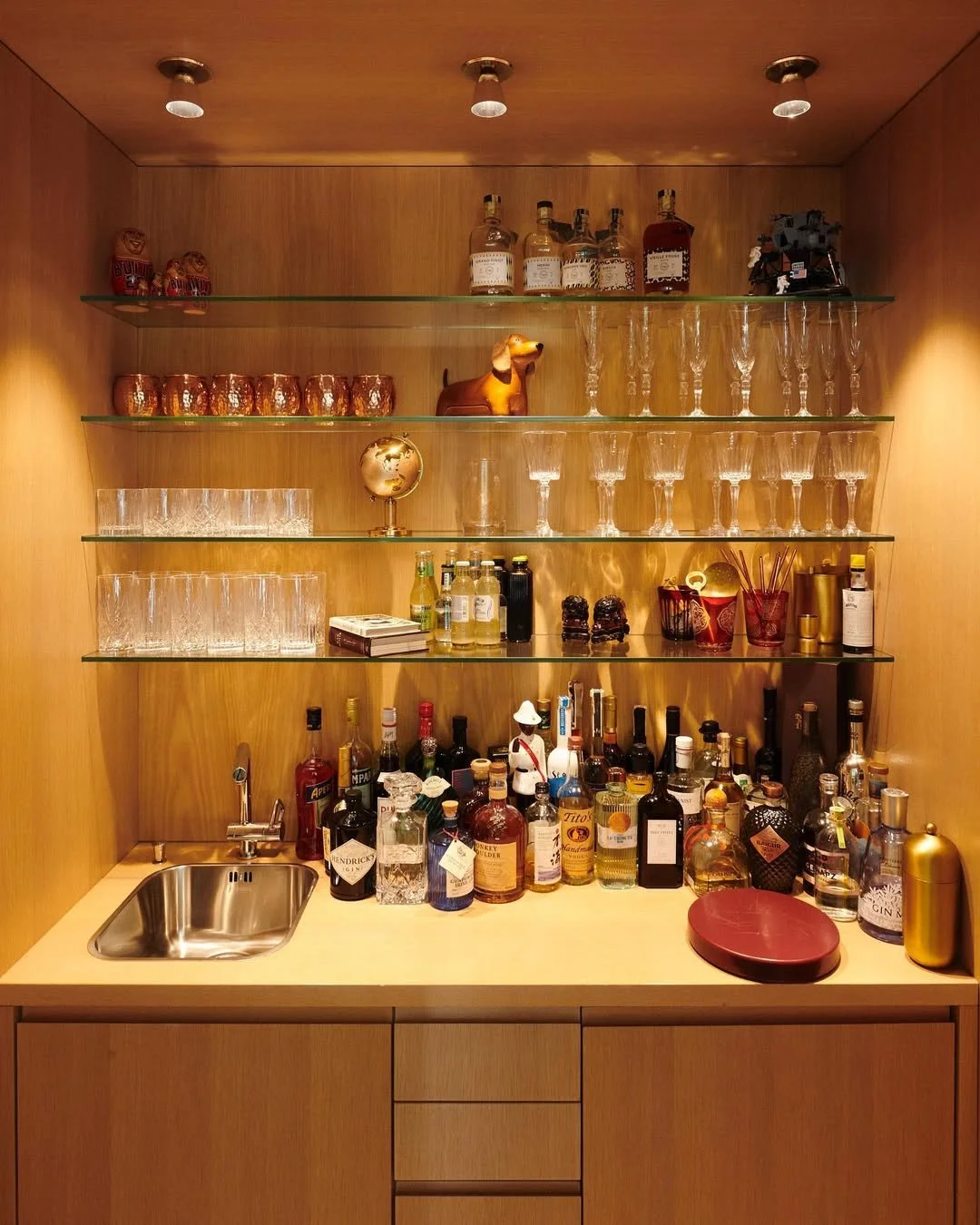Unveiling the Secrets of Effective Skincare in Your 40s
Greetings, beauty enthusiasts. This is Caolan, welcoming you to But More Importantly. Notwithstanding my emphasis that age doesn't define skin type, the recurring theme in your queries and comments revolves around skincare in your 40s. Let's delve into that.
Before we venture forth, here's a brief introduction for newcomers. But More Importantly centers itself around skincare in all its facets. I invite you to join our community—subscribe if you're new, and share your skincare curiosities in the comment section.
Concerning the shift in skincare needs as you hit your 40s, I cannot stress enough that age doesn't directly equate to a skin type. This is a mantra I consistently reiterate as it's crucial to understand our distinctiveness. A sun-loving 40-year-old will certainly showcase different skin characteristics than a 40-year-old sun-avoider.
It's not feasible to make sweeping statements about skincare in your 40s. Yet, there is a near-universal truth: a sharp dip in collagen and elasticity hits the majority of us in our 40s. This transition, coinciding often with perimenopause and menopause, causes a decrease in skin firmness and thickness.
Regrettably, this is an unavoidable fact. As indicated by the American Academy of Dermatology (AAD), we lose about 30 percent of our collagen in the initial five years of menopause. Acknowledging this allows us to face it head-on, and hopefully, manage it better. Hormonal changes might also provoke episodes of flushing, causing redness that could be recurrent or persistent. Consequently, in our 40s, we may face unprecedented redness and struggle with moisture retention. Hence, we need richer skincare products that enhance collagen production.
Let's break it down category-wise to simplify product selection. We start with cleansers. It's important to note that not all cleansers are suitable for all skin types. If you're dealing with acne or frequent breakouts, consider a cleanser with actives like benzoyl peroxide or salicylic acid. If your skin is relatively breakout-free and doesn't need targeted treatment, go for a gentle cleanser. Opt for one that doesn't deplete your skin's natural oils as your skin could be drying out. A creamy cleanser would be ideal to ensure your skin stays hydrated.
Instead of investing in hyaluronic acid cleansers, which can aggravate inflammation and redness, I highly recommend a straightforward cleansing routine with Vanicream and Bioderma's micellar water. This double cleanse method first tackles makeup removal with the micellar water, followed by a gentle cleanse with Vanicream. An equally effective alternative is the First Aid Beauty face cleanser with its creamy formula.
Conquering Discoloration: Top Picks for a Brighter Complexion
Exfoliation is a critical step in skincare and is particularly crucial as we age, but over-exfoliation can lead to skin issues; hence, a balanced routine of approximately three exfoliating sessions per week is advisable. Nighttime exfoliation not only protects the skin from sun sensitivity but also helps cleanse the day's grime.
In terms of chemical exfoliants, glycolic acid stands out due to its dual role of promoting collagen production and dead skin cell removal. However, if glycolic acid proves too harsh, lactic acid or its PHA equivalents, glucanolactone and lactobionic acid, are viable alternatives. These 'skin-friendly acids' offer gentle exfoliation and skin brightening, addressing age-related skin discoloration.
The Dr. Idriss Major Fade Flash Mask incorporates glycolic and lactic acids. An ideal single-step nighttime routine is to apply this mask, sleep with it on, and rinse it off in the morning. Another good introductory product is L'Oreal's 10% Glycolic Acid serum. Despite its less user-friendly dropper, it's a great starting point before progressing to the more potent flash mask if you’re generally a bit more on the sensitive side.
Post-exfoliation, serum application is essential. As we age, collagen production and sun damage correction become our key concerns. Those unable (or unwilling) to tolerate retinol could opt for SkinMedica's TNS Recovery Advanced Serum. Its unique blend of human-derived growth factors boosts collagen production and helps maintain skin firmness - a perfect solution for those in their 40s experiencing retinol intolerance or wanting to supplement their retinol use. The TNS Advanced Serum is also perfect for application on the neck, an area often intolerant to retinol. Despite its high cost, its potential to boost collagen production makes it a worthy contender. While the serum's smell might be unusual, let's remember, functionality takes precedence over fragrance in effective skincare.
Phase two of skincare zeroes in on discoloration, a concern that becomes noticeable in your 30s and intensifies in your 40s. Products including arbutin, licorice root, kojic acid, and niacinamide (not exceeding 5%), and hydroquinone can combat brown discoloration effectively. Besides, don't underestimate the power of Vitamin C. Although not a standalone solution for discoloration, when teamed with other active ingredients, it can yield impressive results. A favorite among many is the CE Ferulic serum by SkinCeuticals, even with its peculiar scent. Despite costing $182 and its less than ideal dropper system, its 15% ascorbic acid content and proven results make it a darling among skincare enthusiasts, including myself.
If you're seeking a product with tranexamic acid, SkinCeuticals' Discoloration Defense, costing $110, is a solid choice. However, it too has an irritating dropper system and comes with a hefty price tag.
Another Dr. Idriss offering, the Hyper Serum, also targets discoloration. It's a concoction I adore and use twice daily since its release in 2021. Housing ingredients like licorice root, arbutin, and niacinamide, it's available for $68. It comes in a sturdy, refillable cartridge to prevent air exposure and ensure you can extract all its benefits.
Dealing with Redness and Puffiness: Solutions to Try
For those battling facial redness, azelaic acid can be your ally. A concentration of at least 10% in your routine is recommended. Peach Slices Redness Relief Azelaic Acid Serum is a lightweight option sans any harsh smell, unlike Paula's Choice 10% Azelaic Acid.
The De-Puffer, another Dr. Idriss creation, is a roller designed to reduce redness and superficial swelling. Used twice daily for a month, you'll observe noticeable results. While Arnica, a key ingredient in this product, hasn't made waves in the US skincare scene, it's been successfully used elsewhere for years. Combined with centella, cica, and a maximum of 5% niacinamide, it can help mitigate residual redness and puffiness.
Eye Creams and Retinols: Your Arsenal Against Aging
Eye creams usually follow serum application. Kate Somerville's light retinol eye cream stimulates collagen, hydrates the skin, and is non-irritating. Isdin's K Ox Eye Cream, priced at $102, improves circulation and helps break down brown pigment from stagnant red blood cells.
Retinol, a derivative of vitamin A, is another skincare favorite for stimulating collagen production. Its potency is well-known, but it can also cause irritation. Understanding your retinol type and concentration is, therefore, vital. A313, a gentle retinol offering from France, is beneficial for beginners seeking quick results. The inclusion of peptides and Matrixyl 3000 offers immediate outcomes.
Shani Darden's Retinol Reform deserves a mention. Its retinol is encapsulated, releasing gradually to reduce irritation. Combined with gentle exfoliating agent lactic acid, it's a great choice for beginners.
SkinCeuticals provides basic retinols at concentrations of 0.3%, 0.5%, and 1%. If retinol doesn't agree with your skin, Hydroxypinacolone Retinoate, a less irritating cousin of retinol, might be worth exploring. The Skin Rocks Retinoid 1 is suitable for beginners, individuals with rosacea, or sensitive skin.
Moisturizers and Sunscreens: Your Defenses Against Dryness and Sun Damage
Moisturizers fall in a broad category aimed at preserving your skin's moisture. Basic moisturizers, such as the SkinCeuticals Triple Lipid, provide a thick, creamy feel that effectively seals in moisture.
Dr Idriss offers a moisturizer enriched with Vitamin C. It doesn't have a rich consistency, making it less ideal for extremely dry skin, but it works wonders for addressing skin discoloration.
Cetraben, a product originating from the UK and initially developed for eczema and troublesome skin treatments, is another excellent choice, especially for the neck area. It blends smoothly onto the skin without leaving a greasy aftermath. If you're looking for a moisturizer that is both emollient and occlusive, Cetraben is the way to go.
With age, you may observe your skin around the neck area becoming more crepey. It's therefore crucial to apply a suitable skincare product on your neck daily, particularly if you reside in a dry climate. And we mustn’t overlook the importance of sunscreen. Ideally, the application of sunscreen should have been a part of your routine long before your 40s. However, if it hasn't been, remember that it's never too late to start. Most of the damage is inflicted before turning 20, but we can certainly slow down its progression. I strongly endorse the Isdinceutics Eryfotona Actinica Ultralight Emulsion SPF 50. This product is specifically designed for skin suffering from actinic damage— in simpler terms, sun damage. Sun damage typically causes the degradation of collagen and conditions such as actinic keratosis. This sunscreen contains photolyase, a repair enzyme that supports your skin in its self-healing process while shielding it from further sun damage.
As we are approaching the warm summer months, next week we will conduct a thorough review of different sunscreens. If there are specific sunscreens you'd like us to evaluate, feel free to let us know in the comment section below. Also, if you have any personal favorites you'd like to recommend, or if there's a topic you'd like us to explore, we'd love to hear your thoughts. Wishing you all a splendid week!



